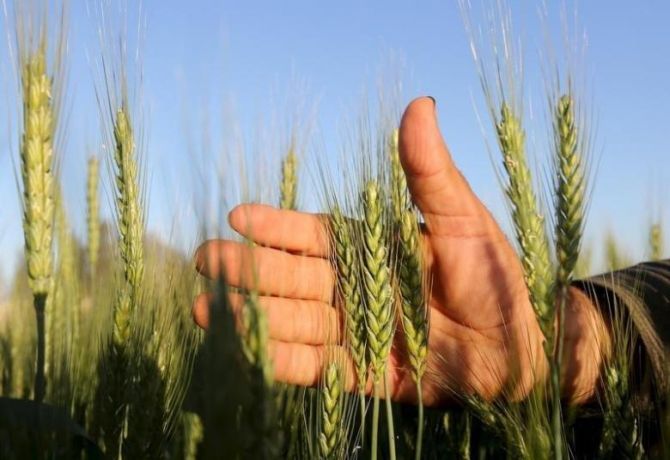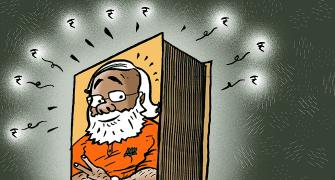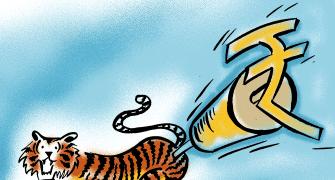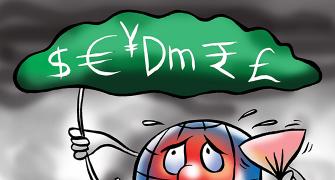While the positive surprise has been the high growth in agriculture, the negative surprise is in the trade, transport, hotels segment where growth came lower than expected, says Madan Sabnavis.

The Q4 GDP numbers tell a very good story as it indicates that there has been a continuous acceleration in the growth in the four quarters ending with 7.7 per cent in Q4.
This is remarkable even though it comes with the advantage of a low base effect of growth of 6.1 per cent in Q4-FY17, which was conversely the lowest growth rate in the last year.
The better part of the story is that gross fixed capital formation has improved to 29.1 per cent in this quarter with an average of 28.5 per cent for the year.
This was a concern so far which appears to be allayed to an extent.
The main driver as usual has been the government which has been manifested in two forms.
The first is the public administration growing by 13.3 per cent which is on top of 16.4 per cent growth in the last year.
Credit hence must be given for the relentless effort this time again.
The second form is in construction where the expenditure on infra projects which was carried out on roads in particular has made this sector register double digit growth of 11.5 per cent which came over -3.9 per cent growth last year.
It may be assumed that this tempo will be maintained next year too given the budgetary numbers announced earlier this year.
The manufacturing sector upsurge is also noteworthy considering that the same was not evident in the IIP growth numbers which talk of the physical part of the growth in this sector.
However given that the corporate earnings have been good in this quarter with topline growth of 10-12 per cent and profit growth of 15-20 per cent, value addition has received a boost.
Therefore, this has helped in adding a solid base for the growth process this year.
The positive surprise has been the high growth in agriculture of 4.5 per cent which can be ascribed to both the agriculture as well as allied activity which has supported growth.
The negative surprise is in the trade, transport, hotels segment where growth came lower than expected.
Given the high GST collections, it would have been expected that this sector would have done better as these collections act as a proxy for growth in the trade sector.
How can one look at growth for the next year? The trend seen in these four quarters is encouraging as it shows direction quite unequivocally.
The challenge will really be in attaining these growth rates on a higher base in FY19.
The FY18 picture had two advantages of a low base due to demonetization and resurgence in Q2, Q3 and Q4 following GST where companies adjusted their stocks and sales which added bounce to the economy.
The clue will be on how consumption and investment- from the private sector pans out.
Presently it looks like that there are signs of a pickup in investment in the economy.
But it has to be sustained. The current situation relating to the banking system is grim and the debt market has to play an active role in providing finance for growth.
Higher interest rates are expected and foreign borrowings will be dear given that interest rates have already increased in the USA.
GDP growth of around 7.5 per cent may be expected if the monsoon is good and the oil shock remains transient.
Photograph: Mohamed Abd El Ghany/Reuters










